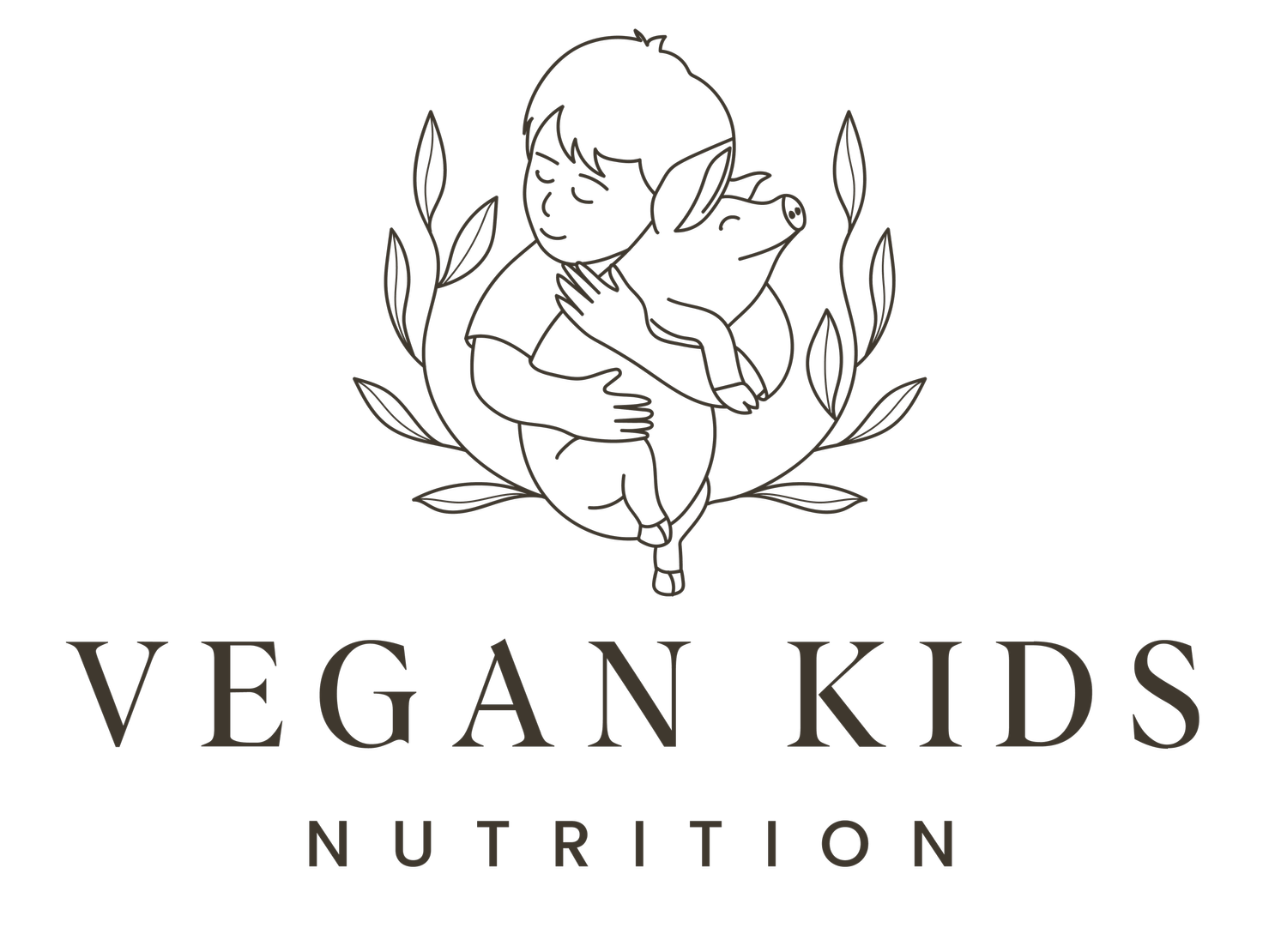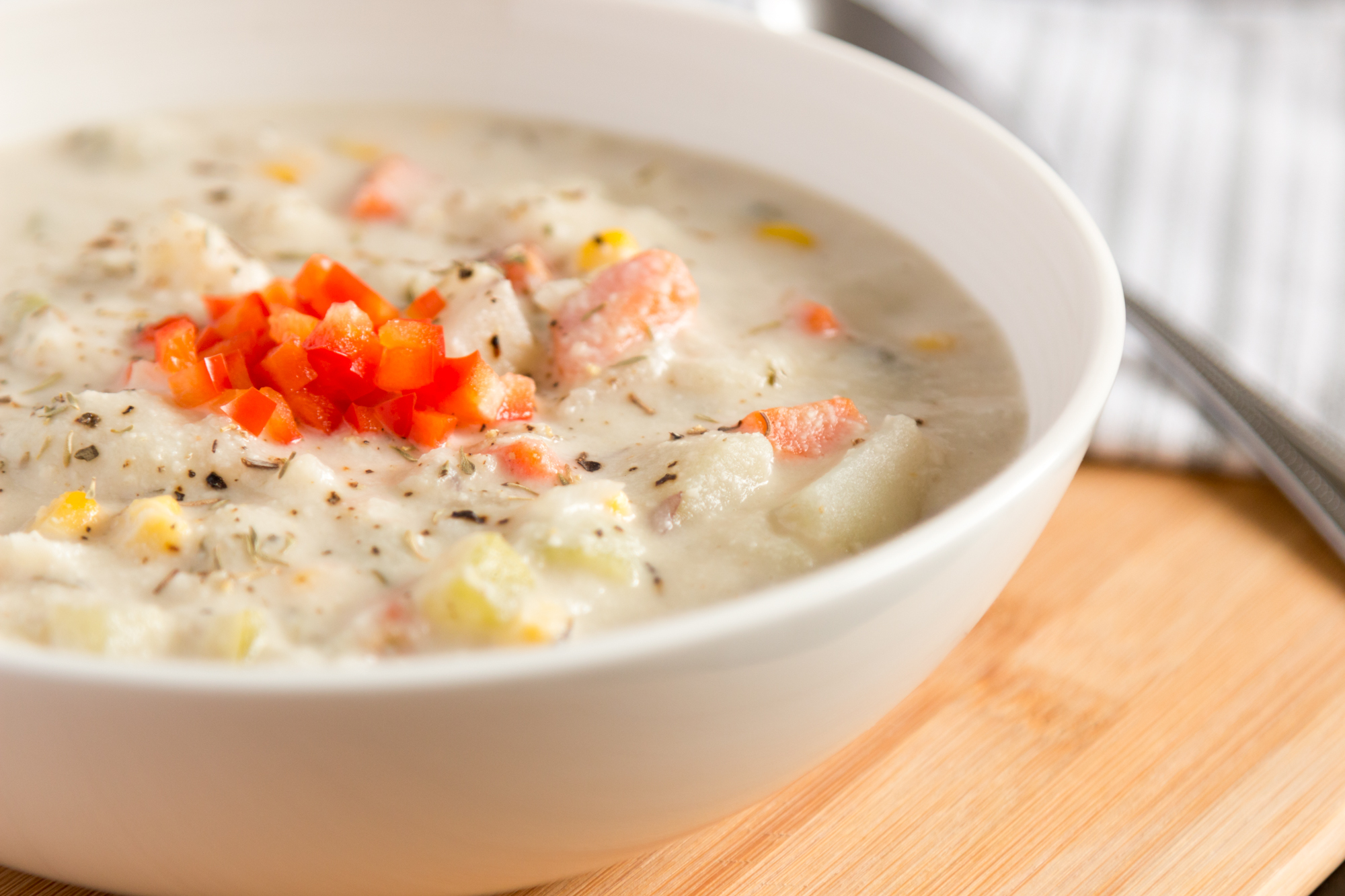We all explore veganism in our own way and for a different reason – whether that’s to not partake in animal cruelty, to help our environment, or provide something good for our bodies. For some, becoming vegan is effortless and a journey that can begin overnight but for others it doesn’t come as easily and can be a bit overwhelming. If this is something you’re encountering, let me say that adopting this lifestyle shouldn’t be stressful. Here you will find a free e-book with five simple steps to help you transition with the primary focus on how to include more plant-based foods into your daily meals and snacks rather than focusing on eliminating animal products.
Download your FREE copy of this plant-based e-book here (or click on the photo)
Adopting a vegan lifestyle should be a personal journey that is taken at your own pace. It’s about starting where you are today, exploring familiar foods that are plant-based, and transitioning to a new way of life at your own pace – and most importantly at your own time. It’s okay and normal to feel a bit unsure about how to transition to veganism because I was in that same place too. I was not only unsure of what to prepare myself at home but how to feel socially okay in a group who did not know or understand veganism. For me, becoming vegan was a gradual journey that became easier with time, experience and support from others that enabled me to establish a fun and sustainable lifestyle.
Becoming vegan is a personal choice; a personal choice to dedicate yourself to a kind and compassionate lifestyle. Veganism is eliminating animal products from our dietary pattern but this lifestyle encompasses much more than simply what we eat. It involves every aspect of our lives from what we choose to wear, what personal products we choose to bring home, where and how to dine out, how we travel and what to do in other social encounters. This is the beauty of a vegan lifestyle. As you adopt a new way of eating, so do your choices and way of thinking change. It begins to not feel like a diet anymore but rather becoming part of who you are – within your community, your friends and family, and within your home. Every choice you make lies behind your values as a vegan.
If you’re just starting out or considering adding more plant-based foods to your diet, don’t feel rushed to adopt some of these live encounters. If you’re not ready to make the switch, you’re not ready and that’s perfectly okay. Navigate through them at your own time and at your own pace that feels most comfortable to you. You don’t have to adopt all of the life experiences at once. After all, I didn’t. I adopted each aspect of a vegan lifestyle gradually and in a way that I knew was the right time for me to ensure sustainability.
A vegan lifestyle involves all aspects of life beyond our food. Although transitioning to a vegan or whole, plant-based diet is partially prompted by health concerns, it’s much more than that. It’s not a ‘diet’, it is not a pass or fail, it is not a 30-day challenge. This way of eating has been glorified by the media in the wrong way at times. With so many articles and documentaries about the health benefits of a vegan diet, the amazing transformation of people, the dieting programs sponsored on social media, the delivered meal kits to your home – there’s an abundance of information thrown at us. It’s no wonder that a vegan lifestyle has grown into a monumental movement.
Creamy Vegan Cauliflower Chowder (get the recipe here)
Becoming a vegan is not about perfection, it’s about compassion and care. Adopting a vegan lifestyle is more than simply doing something good for our bodies based on what we eat; it’s about a selfless and sincere intention to advocate for ending animal welfare and the environment. Vegans place kindness a priority in their lives and we are a welcoming and friendly community who accept anyone and everyone, regardless of their vegan journey.
Adopting a vegan or plant-based lifestyle is more than simply a healthier way of living. It’s a rewarding lifestyle and more importantly, a rewarding journey. What I do want to point out though is that a vegan lifestyle shouldn’t be the reason for restricting yourself in hope for weight loss and it shouldn’t be utilized as a cure for a treatment. In the book Even Vegans Die, the authors point out that a vegan diet has yet to be proven as a treatment for a lifelong passport. Studies have shown how such dietary pattern reduces the risk of certain chronic diseases but we have yet to learn about a vegan diet being a universal treatment for prevention or eternity. It is however the better way of eating for the animals and our environmental.
There is SO much beauty and joy in adopting a vegan lifestyle. You can go at your own pace, start at your own time, and if you ever need guidance, know that you can seek a Registered Dietitian to help get you started in your transition.







